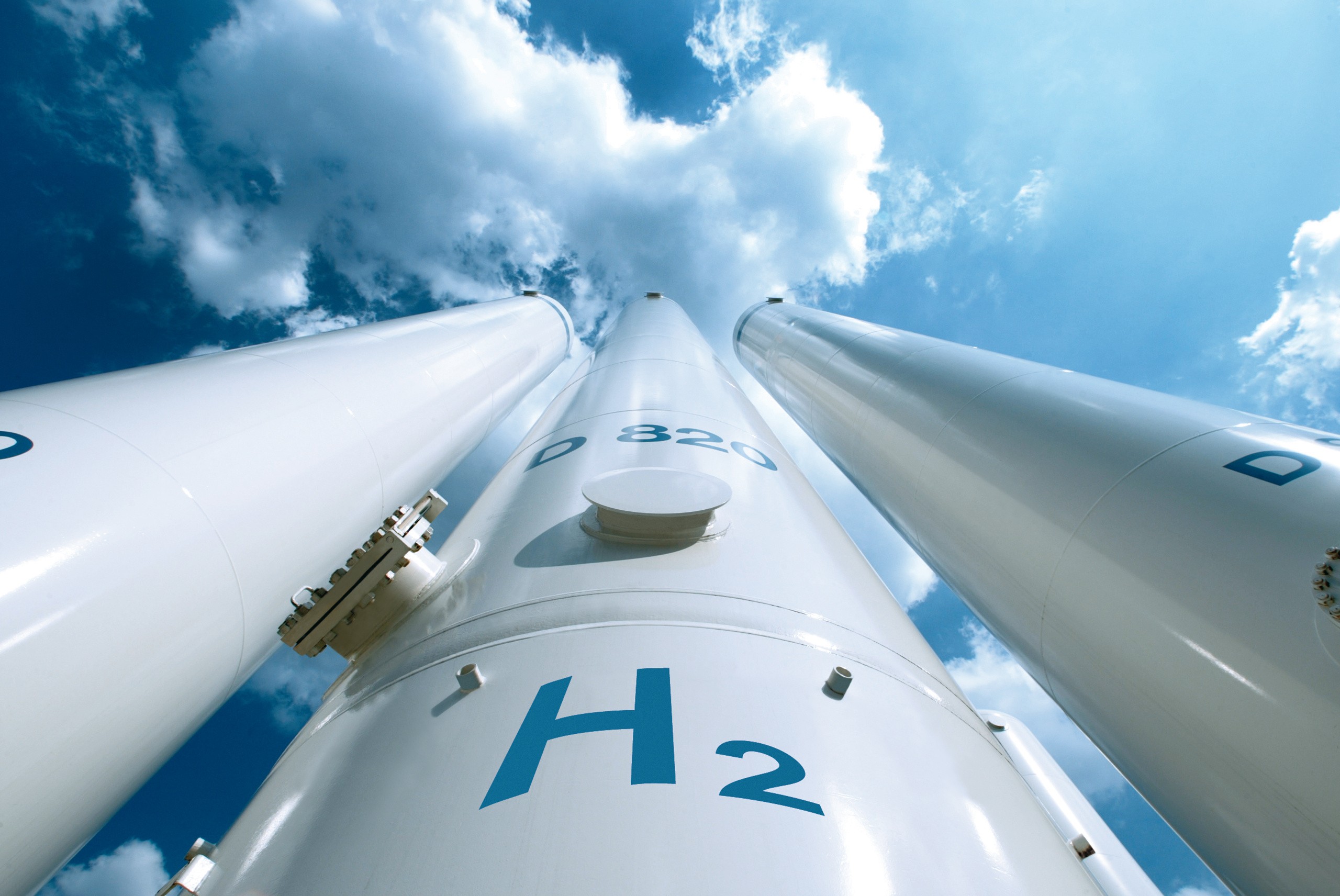
Why Hydrogen Matters
Hydrogen is an important part of a strategy to make energy more affordable, abundant, secure, and flexible for American businesses and families. Hydrogen is currently used in several essential industrial processes—including a more than 100-year-long history of use in petroleum refining—and it can play a growing role in all kinds of domestic energy production, including fossil, nuclear, and renewables. Hydrogen’s diverse uses—which include chemical processes, high-heat applications, and for producing electricity (via fuel cells or combustion turbines)—will enable it to provide value in multiple sectors of the economy, from industrial processes to heavy transportation, to long-duration energy storage.
The key advantages of hydrogen are:
- Versatility of sources. Unlike traditional energy resources, which are typically geographically constrained, hydrogen can be produced virtually anywhere, using all domestic energy resources.
- Versatility of uses. Hydrogen has been described as the “Swiss army knife” of energy because it can be used across many sectors of the economy, including critical applications that are essential to prosperity and a modern standard of living, such as petroleum refining, steelmaking, and fertilizer production. In addition to its important industrial uses, hydrogen can also be used in fuel cells to produce electricity at high efficiencies across a wide range of stationary-power applications (including data centers, energy storage, and backup power) and transportation applications (such as buses and heavy-duty trucks).
- Local pollution reduction. Hydrogen can be used in many applications with no local air pollution or emissions. For example, when hydrogen is converted to electricity in a fuel cell, only water vapor is emitted.
Learn more about:
Press Releases
Supporting Offices
Resources
- Sign up for updates on upcoming Hydrogen Program news and events and additional opportunities for engagement.
- Participate in DOE's next Hydrogen Program Annual Merit Review, in the spring of 2026, and learn more about hydrogen and fuel cell projects funded by DOE.
- Contact the Hydrogen Shot lead at hftoinquiries@ee.doe.gov.

